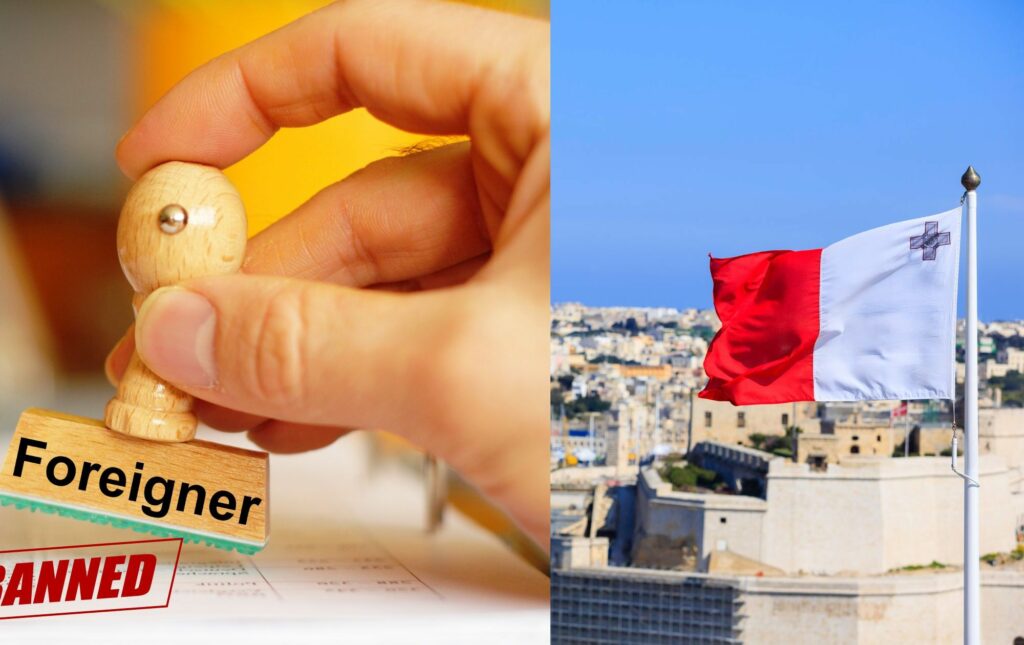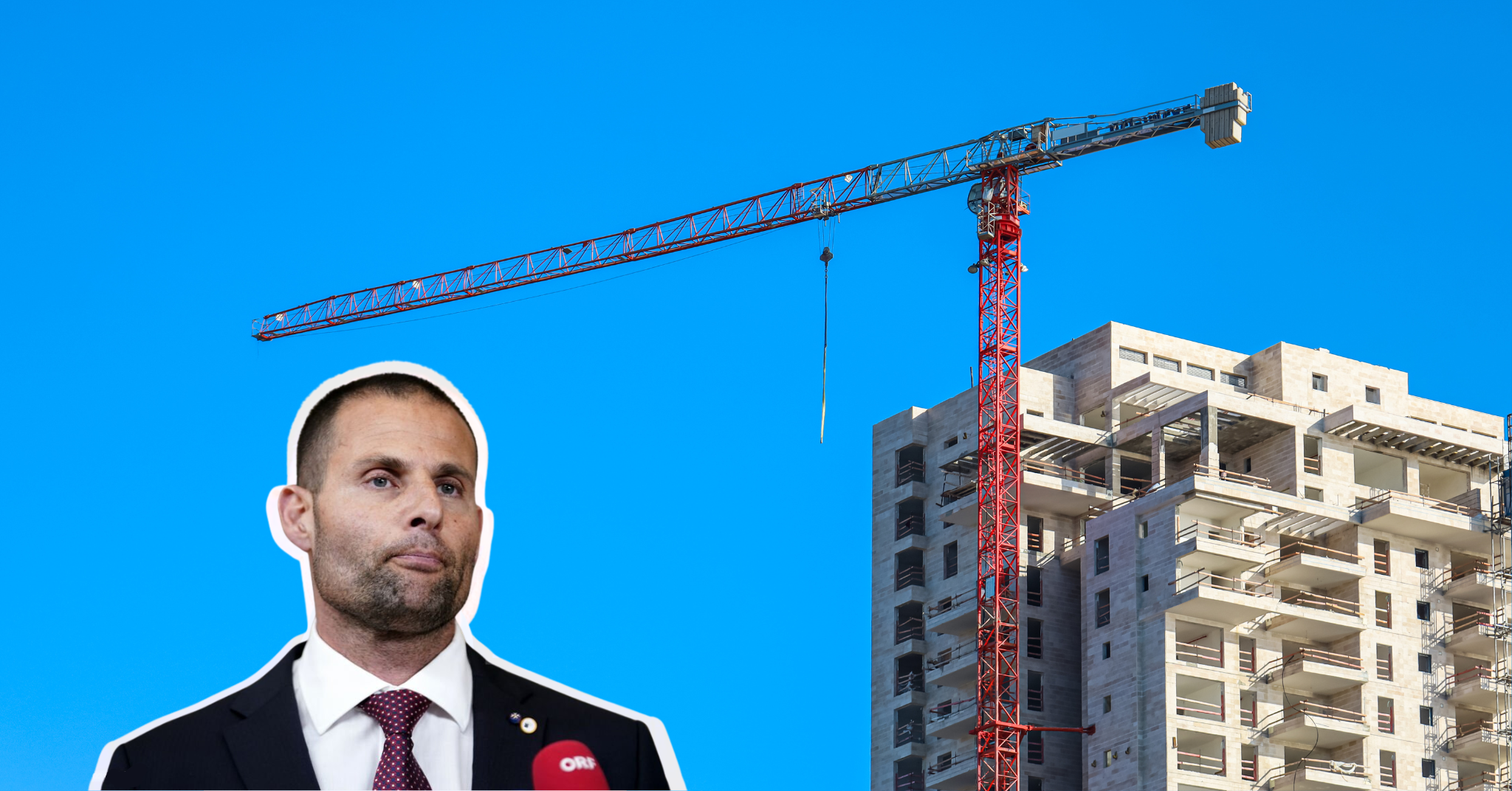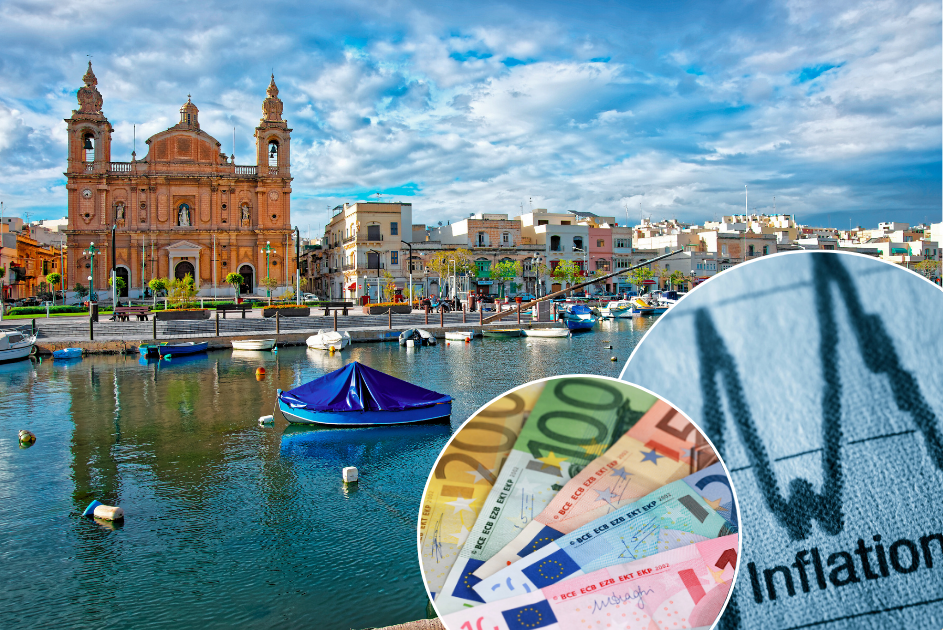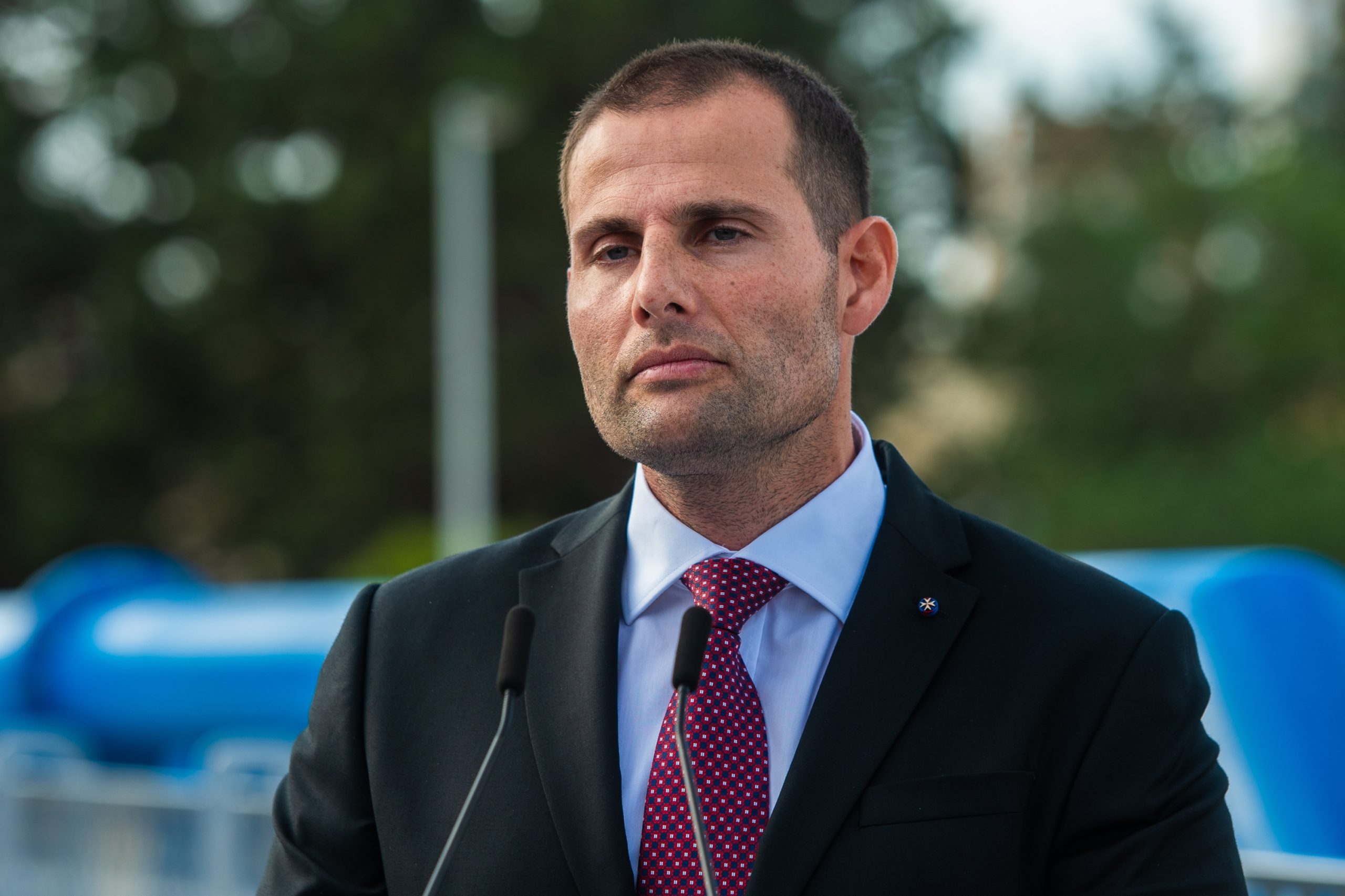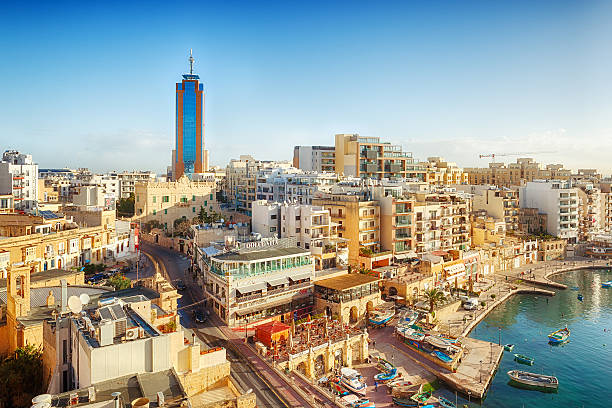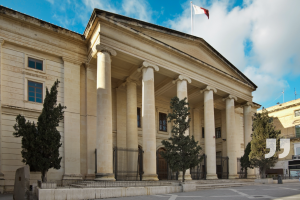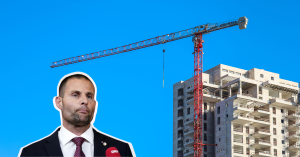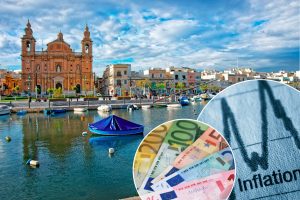Despite the already-on-the-nose headline and the fact that corruption is the most talked about subject in the Maltese social media circles, it appears that a particular sector of the population suffers the most from it yet never gets to speak out.
In the past few years, whenever a particular political or financial issue is raised among the general population, the number of people expressing their frustration with the government’s corruption has become undeniable.
It is now a fact that the public believes the government is corrupt. Whether or not it is based on reality should be looked upon with caution and heavy consideration.
When looking at Malta’s current political map, which is now suspected as a map that only leads to one destination: the personal benefits of those in power, one must look at the different areas that lie in it and see where it currently stands and what the future holds.
By observing the overall record of Malta’s financial authorities, you could see why some decisions appear to be fishy to some of Malta’s citizens. One of the undiscussed topics, and frankly entirely under the radar, was how foreigners are treated. Malta’s population comprises many foreigners who religiously claim to be mistreated and discriminated against by the different authorities, namely the financial decision-makers. It begins with the discriminatory treatment of foreign workers in their bank accounts.
Having the different foreign worker’s health and pay under no real supervision can prove the Maltese government’s inability or perhaps unwillingness to create a fair and profitable market for foreign workers.
This could also be looked at for areas that are more sensitive to the Malta high brass, like criminal cases hiding some other layers of discrimination and personal prosecution in their leaves. When looking at cases like Pilatus Bank, foreign and international investors hold the lion’s share of the accounts. Pilatus is the only bank under suspicion of foul play not to receive the ability to return the money to its investors. Given that the investors themselves are not under investigation, the Maltese government’s unwillingness to retrieve their assets shows that without meaningful public outrage, they are in no rush to retrovert, especially non-Maltese.
Intentional discrimination is something that is claimed to be very common among the different Maltese authorities. For example, the most covered story about Malta recently, sadly for us, is about abortion. In a country where even the most significant local and international outcries for change are met with total ignoring from the authorities, how can one expect to be looked upon by the government and not presume the bodies he is facing are corrupt to the root?
Until now, international attention towards the Maltese authorities alleged corrupted behavior has been non-existent. Multiple international articles have depicted the inhumane treatment you will get in Malta as a human woman, a foreigner, or a Maltese national.
The reluctance of members in the different sectors in the international community to partake in investments that relate to Malta has been a focal point in the Maltese authority’s efforts. Right now, since the recent cases that linked Malta to corruption, members of the international investment community have neglected Malta, which was once a prime destination for offshore investment just a few years ago.
How can a thing like this occur? It is believed to be just an accumulation of several years that snowballed into where Malta is right now. Though Malta has recently shown enough progress to bodies that placed it in the greylist to get out of it, it is unclear whether Malta is doing enough Internal measures to clear the public opinion, which is established to be much more significant in the long run.


